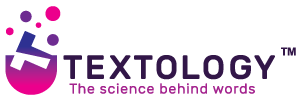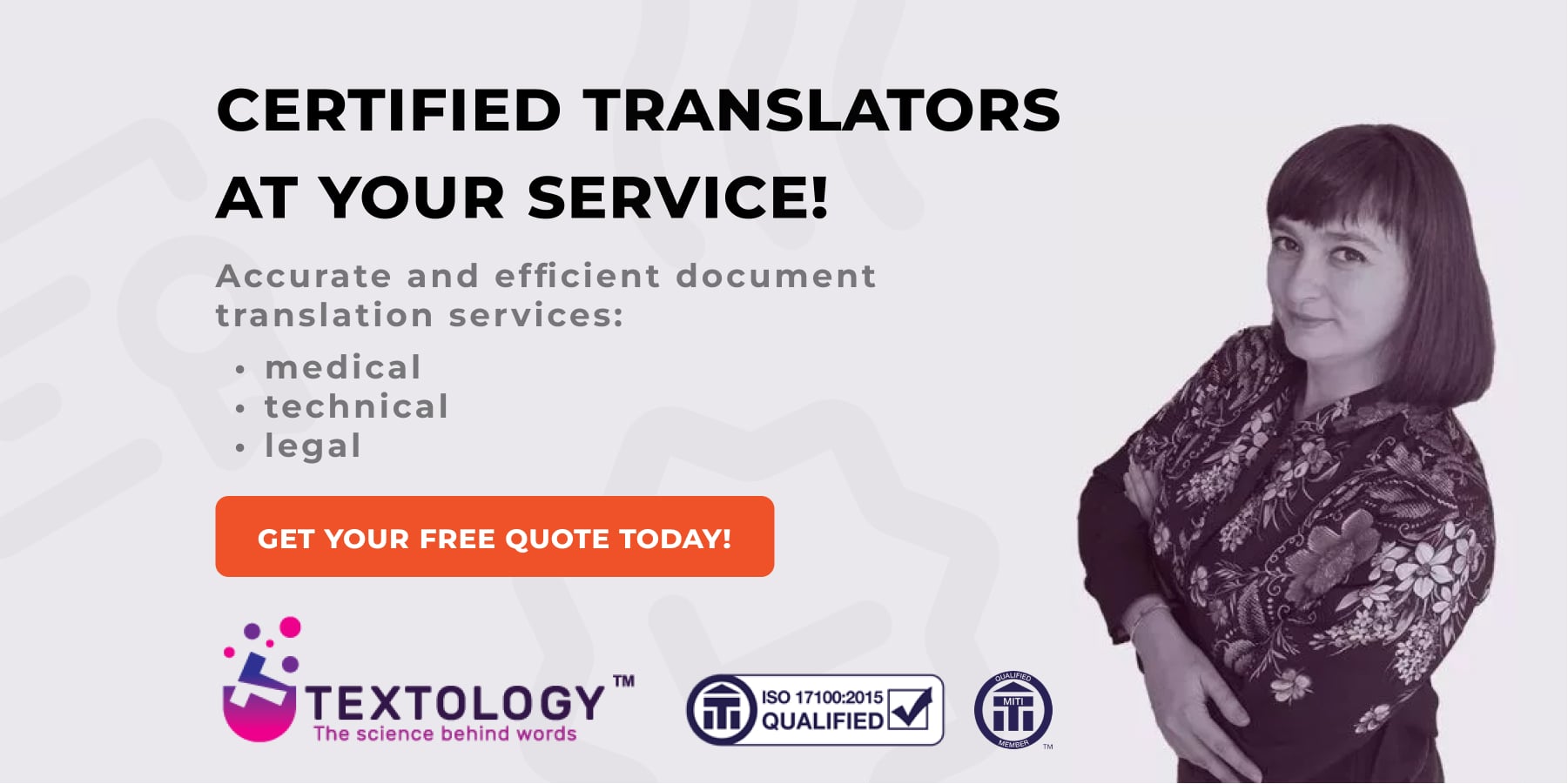
Although English is one of the widely spoken languages, quality translation of business documents is still in high demand. Those types of documents are mostly information sensitive and need accurate, professional translations, so that their message is conveyed properly and nothing is lost in the process. Business documents frequently include specific terminology which makes them the subject of technical translations. What exactly is a technical translation and how does the translation process look like? That’s what we’ll talk about below.
What is a technical translation?
In short, it’s a type of specialised translation involving documents or texts dealing with the practical application of technological and scientific information or relating to technological subject areas (e.g. user manuals). This means that proper technical translation requires a high level of relevant terminology, subject knowledge and writing conventions.

Steps of technical translations
Any technical translation follows the same workflow. After the technical documents are submitted to the translator (or translation agency), the translation is initially evaluated. Afterwards, when the proposal is accepted by the client, the proper process may begin. It consists of 4 main steps:
Step 1 – Analysis
Firstly translators read the document to determine the context of its contents, its tone (although most technical texts are neutral in tone) and register (it varies between formal and scientific to easily understandable to the public). This also allows the translator to discern technical terminology used in the source text, so that he can prepare accordingly. This is important as some industries (e.g. metallurgy) have many branches, each one with its own terminology.
See also: Terminology Management Services
Step 2 – Comprehension
After the initial read, it’s time for thorough combing through the text, as the translation material must be fully comprehended to be accurately translated. Professional translators handle this diligently, which enables them to catch everything that will help to convey the meaning accurately into the target language. This might also include doing research, as even experts in a subject matter don’t know everything. This step might take quite some time, but it shouldn’t be rushed as it’s critical for the overall quality of the translation.
Step 3 – Translation
When the preparation phase is over, translators can move to the proper translation. Using all the gathered info and years of experience they can make the translation as accurate as possible while dealing with the specific technical terms. Technical translations aren’t as simple as word to word transitions to target languages, as some terminology might not even have equivalents in those languages. Therefore, the translator might be challenged with coming up with new ways to say things or create workarounds (e.g. by presenting examples) to convey the message properly. This might include the use of translation memories or machine translation software, depending on the type of text and translator’s experience in the subject matter. A crucial part of translation services is keeping up with laws and ethics codes (including censorship) put up in certain regions or countries that use the target language.
Step 4 – Revision
High quality translation process also includes review of the completed translation (predominantly even before the client sees it). Translation agencies often employ dedicated reviewers while the freelance translators may have to revise their own work. This step is very essential, as any mistranslated information might be harmful (e.g. in medical or pharmaceutical texts). Reviewing may be more efficient thanks to a specialised software, as it enables the reviewer to compare both versions (source text and its translated equivalent) side by side. When the text is ready and free of any inaccuracies, it’s then presented to the client and the process ends with his acceptance of the final work.
You may also be interested in: Proofreading services – all you need to know.
Why are technical translations important?
Businesses based on just one, be that even the most spoken language may experience difficulties while expanding to the global (or just international) market, as most people prefer to use their native language while doing business and dealing with its products. That’s a major setback, which might significantly impact your firm’s income. Therefore, technical translations are a crucial part of expanding any business.
To make sure your texts are of the highest quality, you should consider enlisting the help of a professional agency, such as TEXTOLOGY – a London based Translation Agency, providing high-quality polish medical, technical and legal translations.

